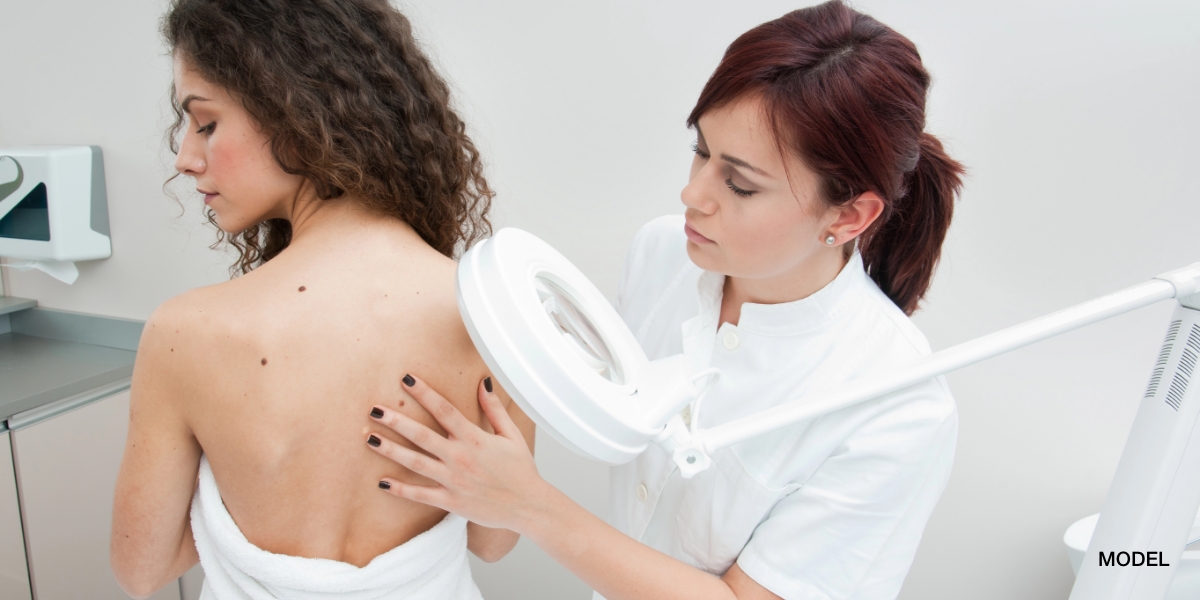What Are Cold Sores?
A cold sore is a small clustered, fluid filled, blister that appears on or around the mouth area. A cold sore is also known as, and is caused by, the herpes simplex virus (HSV). It is most common to contract this virus during childhood or the early years of adulthood, but the virus will remain in the body indefinitely. Some never show any signs or symptoms of infection, but many will develop a sore.
How it Spreads
The virus can spread in many different ways, all including close contact with others. The most common method of transmission is through kissing, so refrain from this if you or someone you know has HSV. Other tips to avoid contracting or spreading the virus include:
- Not kissing others, (children in particular)
- Don’t share drinks or utensils
- Refrain from touching the infected area
- Avoid sharing personal items, such as makeup, creams, or ointments
- Wash your hands frequently with an antibacterial hand soap
Symptoms
As said before, some will be lucky enough to not show signs of herpes simplex virus, but the majority of carriers will. Symptoms leading up to the appearance of a cold sore may include:
- Itching and tingling a day or two prior to the appearance of cold sore
- Pain or discomfort around mouth area
- A cluster of tiny blisters will form
- After the blisters have popped, they will develop a crust over the surface
- The scab will fall off in a matter of ten days or more
Treatment
Treating a cold sore will not rid your body of the infection, so it’s not always necessary. However, there are several ways to relieve discomfort while encouraging natural healing.
- Avoid picking at the scabbed over area to allow healing, avoid scarring and worsening the infection
- Use a cool or warm compress to ease pain
- Use over-the-counter pain relievers
- Creams and ointments recommended by your physician
Cold sores can be annoying and aggravating, but giving them the time to heal is the best form of treatment. There is no cure for cold sores, but being attentive to your health, stress levels, and hygiene can help prevent an outbreak. If outbreaks remain consistent, talk to your doctor to better determine which options work best for you.
If you would like to make an appointment, fill out the web form or contact our team today!




